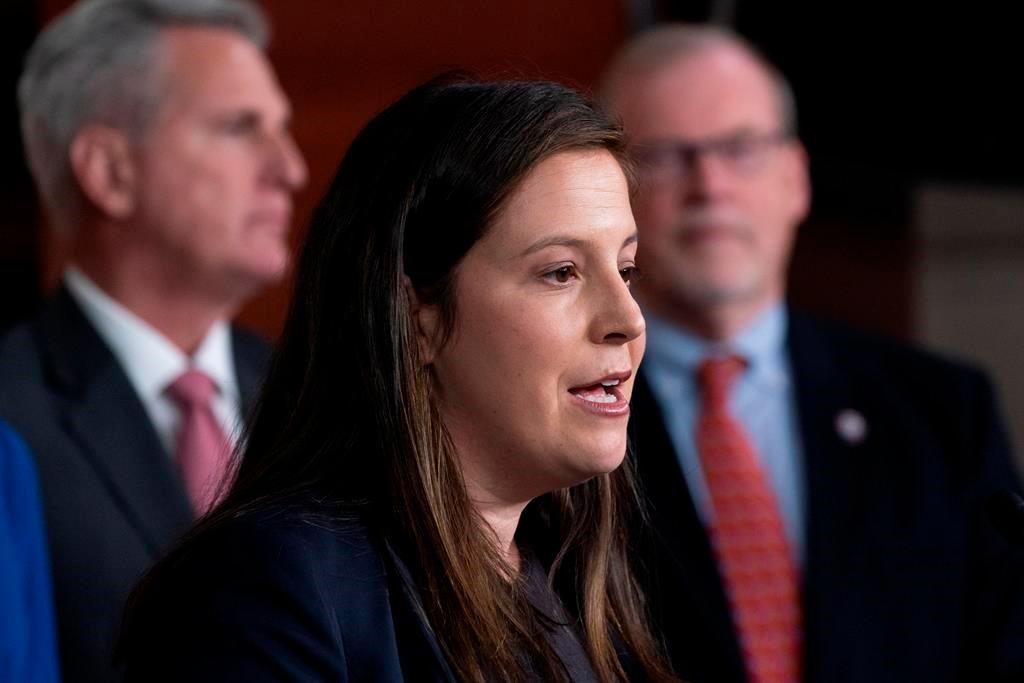WASHINGTON—A group of House Republicans wants to know more about why Canada didn’t red-flag the pending Chinese takeover of a lithium producer with offices in Toronto.
The three members of Congress are also asking the Biden administration to brief Congress on how Canada and the U.S. are working together to shore up critical mineral supply chains.





